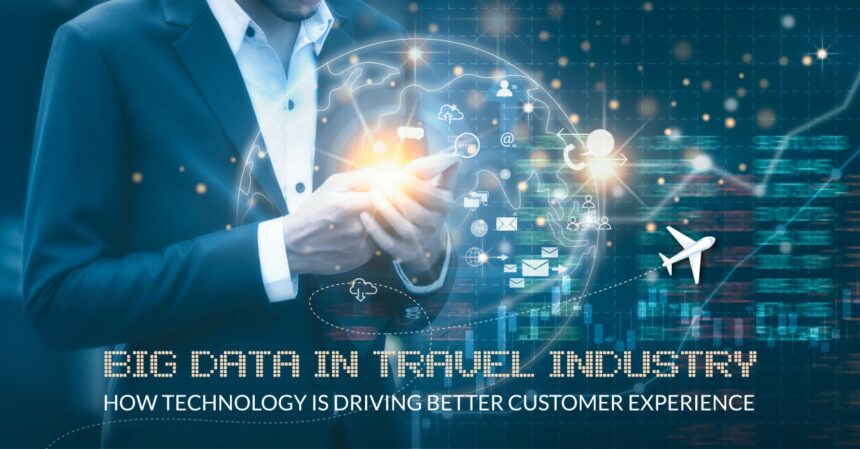In an era where information reigns supreme, the travel industry is undergoing a profound transformation, thanks to the pervasive influence of Big Data. The amalgamation of vast datasets and advanced analytics is reshaping the way we plan, experience, and reflect on our journeys. This article explores the multifaceted role of Big Data in revolutionizing the travel experience.
Personalized Travel Recommendations
One of the most significant impacts of Big Data in travel is the ability to provide personalized recommendations. Through the analysis of user preferences, behaviors, and historical data, travel platforms can offer tailored suggestions for accommodations, activities, and destinations. This personalization enhances the overall travel experience by aligning recommendations with individual tastes and preferences.
Predictive Analytics for Pricing and Availability
Big Data analytics enable travel providers to anticipate trends in pricing and availability. Airlines and hotels can adjust their rates dynamically based on factors such as demand, seasonality, and historical booking patterns. Travelers benefit from more competitive pricing and increased transparency, making it easier to find the best deals and plan trips according to their budgets.
Improved Customer Service
Big Data plays a pivotal role in enhancing customer service across the travel industry. By analyzing customer interactions, feedback, and sentiments, companies can identify areas for improvement and deliver more responsive and personalized services. Real-time analytics also allow for swift issue resolution, ensuring a smoother and more satisfying travel experience.
Efficient Operations and Resource Management
Behind the scenes, Big Data is optimizing operational efficiency for airlines, hotels, and other service providers. Predictive maintenance analytics help prevent equipment failures in transportation, while resource allocation algorithms assist in managing staff, inventory, and other resources effectively. This leads to improved service quality and a more seamless travel infrastructure.
Smart Destination Management
Cities and tourist destinations are utilizing Big Data for smarter management and planning. By analyzing foot traffic, visitor demographics, and spending patterns, local authorities can make informed decisions about infrastructure development, crowd management, and tourism promotion. This data-driven approach ensures a more sustainable and enjoyable experience for both tourists and residents.
Enhanced Safety and Security
Big Data analytics contribute significantly to travel safety and security. Airports and transportation hubs use advanced analytics to monitor passenger movements, detect anomalies, and enhance security protocols. This proactive approach helps prevent potential threats, ensuring the safety of travelers throughout their journeys.
Seamless Integration of IoT and Wearables
The Internet of Things (IoT) and wearables have become integral components of the travel experience, generating massive amounts of data. Big Data analytics make sense of this information, offering insights into passenger behavior, preferences, and health. Airlines and hotels can use this data to further personalize services, anticipate needs, and enhance overall satisfaction.
Big Data is fundamentally altering the landscape of the travel industry, turning data into actionable insights that benefit both service providers and travelers.
From personalized recommendations to efficient operations and enhanced safety, the influence of Big Data is pervasive and transformative.
As the travel experience continues to evolve, the intelligent use of data will be a driving force, ensuring that each journey becomes more tailored, efficient, and enjoyable for the modern traveler.









